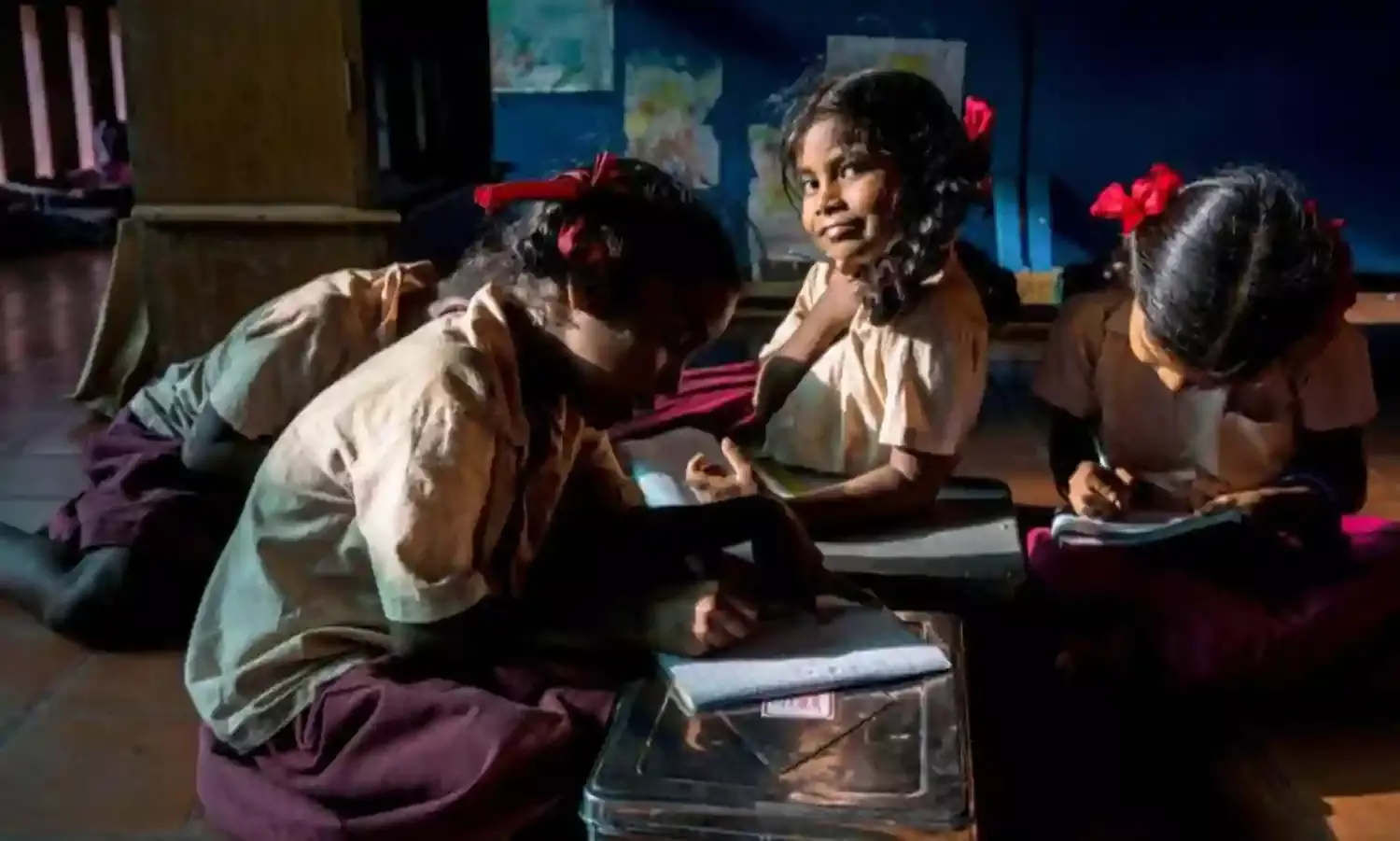The SC Wants Separate Schools For Children With Disabilities. Here’s Why That's Ill Informed
The SC says children with special needs should have special schools. Here’s the problem with that.;

BENGALURU: In response to a Public Interest Litigation (PIL), filed by advocate Prashant Shukla, regarding the insufficient number of special educators in the state of Uttar Pradesh (UP) to teach children with disabilities, the Supreme Court (SC) has asked the UP government why separate schools cannot be set up for them.
The bench headed by Chief Justice Dipak Misra announced that they ‘are of the prima facie view that the children with special needs have to be imparted education not only by special teachers but there have to be special schools for them.’
This question and view stated by the Honourable Supreme Court is a reflection of the poor, under – developed and ill – informed discourse on Disability and the rights of persons with disabilities in the country, especially among policy and decision makers and those holding public offices.
Persons with Disability in India have for years been faced with exclusion, marginalisation, denial of rights and discrimination, alongside constant stigmatization and stereotyping. Inaccessible infrastructure, lack of reasonable accommodation, and poor knowledge about disabilities and persons with disabilities have constantly obstructed their mainstreaming and inclusion in all aspects of society.
In fact, the first time persons with disability were accounted for in the National Census, was only in the year 2011. As per the Census, persons with disability make up 2.2 per of the total population. At a time, when world over disability rights activists are advocating for inclusive environments and the national government is promoting Accessible India, our Honourable Supreme Court is of the opinion that there must be separate schools for children with disabilities.
As a signatory to the United Nations Convention on the Rights of Persons with Disability, the Indian government is obliged to put in place provisions to ensure that persons with disabilities are not faced with any form discrimination, or violation of rights. To fulfil its obligations to the International treaty, the Indian parliament last year passed the Rights of Persons with Disabilities Act, 2016, replacing the Persons with Disabilities (Equal Opportunities, Protection of Rights and Full Participation) Act, 1995. While several provisions of the newly amended law are progressive and welcome, disability rights groups and activists across India had raised concerns over the implementation of the provisions on the ground.
The response of the Supreme Court to the PIL filed in Uttar Pradesh is perhaps the best example of the gaping holes in the law and its implementation. Those who are meant to uphold the law themselves seem to be make recommendations contrary to it. It is not just the Rights of Persons with Disability Act, 2016 which make recommendations for inclusive education, but also the Right to Education Act, 2009.
The Supreme Court bench’s statement that ‘it is impossible to think that the children who are disabled or suffer from any kind of disability or who are mentally challenged can be included in the mainstream schools for getting an education’ is a reality check and a fine illustration of the poor will to make society inclusive for persons with disability. While also providing us an insight into the manner in which persons with disability are perceived.
World over the discourse on disability has progressed from the charity model, to the medical model, to the social and has finally evolved into a rights based approach -which views persons with disabilities as holders of right, having agency, self – determination and capacity to constantly evolve, and engage with mainstream society and its structures when provided with reasonable accommodation. Unfortunately, in the Indian context we still seem to be stuck in the middle ages with the medical approach, which views the person with disability as a problem, rather than viewing the structure and environment as disabling.
We are a country where most individuals are unaware of how to interact or even approach a person with disability, leave alone helping him/her. We are a country where most individuals are unaware of the basic differences between a learning disability, mental retardation, autism, cerebral palsy and mental illness. Inaccessibility and lack of mainstreaming have been two of the several causes as to why the situation is such in the country.
What we need is inclusive spaces that can facilitate interaction of persons with disabilities with mainstream society, and this can only be done by creating accessible structures and spaces, that enable persons with disability, rather than further disabling them. For children with disability, school is the first step towards engagement and interaction with the world outside their home; it is where their socialisation begins and being denied the access to do so because of the State’s inability and in some cases will to provide for it, is a gross violation of their rights and a failure of the government.
The problem does not lie in children with disability going to mainstream schools – it is their right. The problem lies in the fact that there are insufficient special educators in the country and as a welfare nation; it is the responsibility of the State to train and provide more special educators.
Having separate schools for children with disabilities is only going to add to the already existing problem of exclusion. An inclusive society is that which enables marginalised individuals to join the mainstream by creating accessible environments, not that which creates separate structures, contributing to their isolation and exclusion.
(Image Credit: Open Society Foundations)

